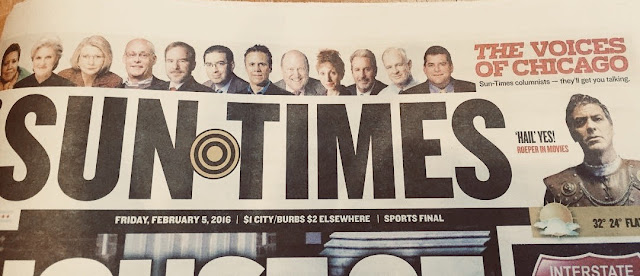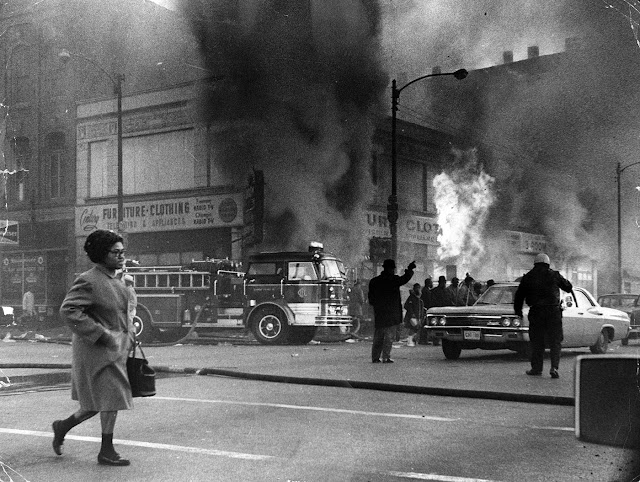By John W. Fountain
My wife was simmering with indignation, holding the newspaper she had just retrieved that morning a few years ago from our mailbox—the newspaper I had written for as a freelance columnist for the previous seven years. “Hmph, will you look at this…”
I looked at the front page, eager to see the object of her anger. There it was, an above the banner header. The faces of the newspaper’s top columnists: Eight white men, three white women, one black woman. No black men. No not one.
No John Fountain.
An all-star opinion writer’s line-up, it was anchored by the moniker: “The voices of Chicago. …They’ll get you talking.”
"The more I reported and wrote the more I could hear in my own writing the chorus of voices too often forgotten, neglected or ignored by the mainstream press..."



